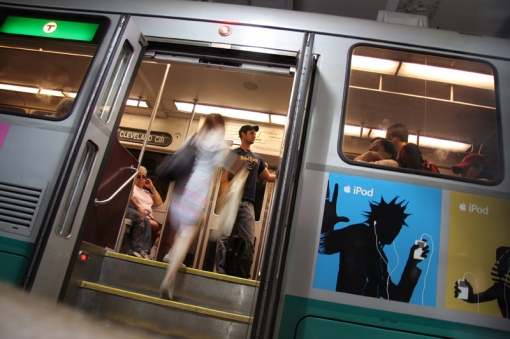Applications for Department of Transportation TIGER (Transportation Invesments Generating Economic Recovery) were due September 15th. The DOT got an overwhelming response for the available $1.5 billion available. Applications came in from all 50 states totaling $56.9 billion in applications. According to the DOT (pdf graph), 1381 applications were received. Unfortunately, 56% of the money requested was for highways, but 19% of the money requested was for transit and another 10% for railroads. Here are some of the applications that have received media attention.
- Iowa Pacific Holdings is looking to improve rail infrastructure to support an inland intermodal port and create a short passenger rail line in Colorado.
- Missouri would build truck-only lanes to improve safety. Not my idea of greatness, but oh well.
- Ohio applied for $576 million worth of grants, including a project to replace public transportation fleets with cleaner vehicles and money to build a diesel train manufacturing plant.
- Norfolk Southern is pursuing a five-state Crescent Corridor project to increase freight rail capacity.
- Also, Ben Fried at Streetsblog is hoping that such grants and the decrease in the availability of highway trust fund monies will allow the Feds to reign in state DOT sprawl habits.
I’m just glad I’m not the lawyer who has to read all of those applications.


 dividing the Yoopers from the Trolls.
dividing the Yoopers from the Trolls.
